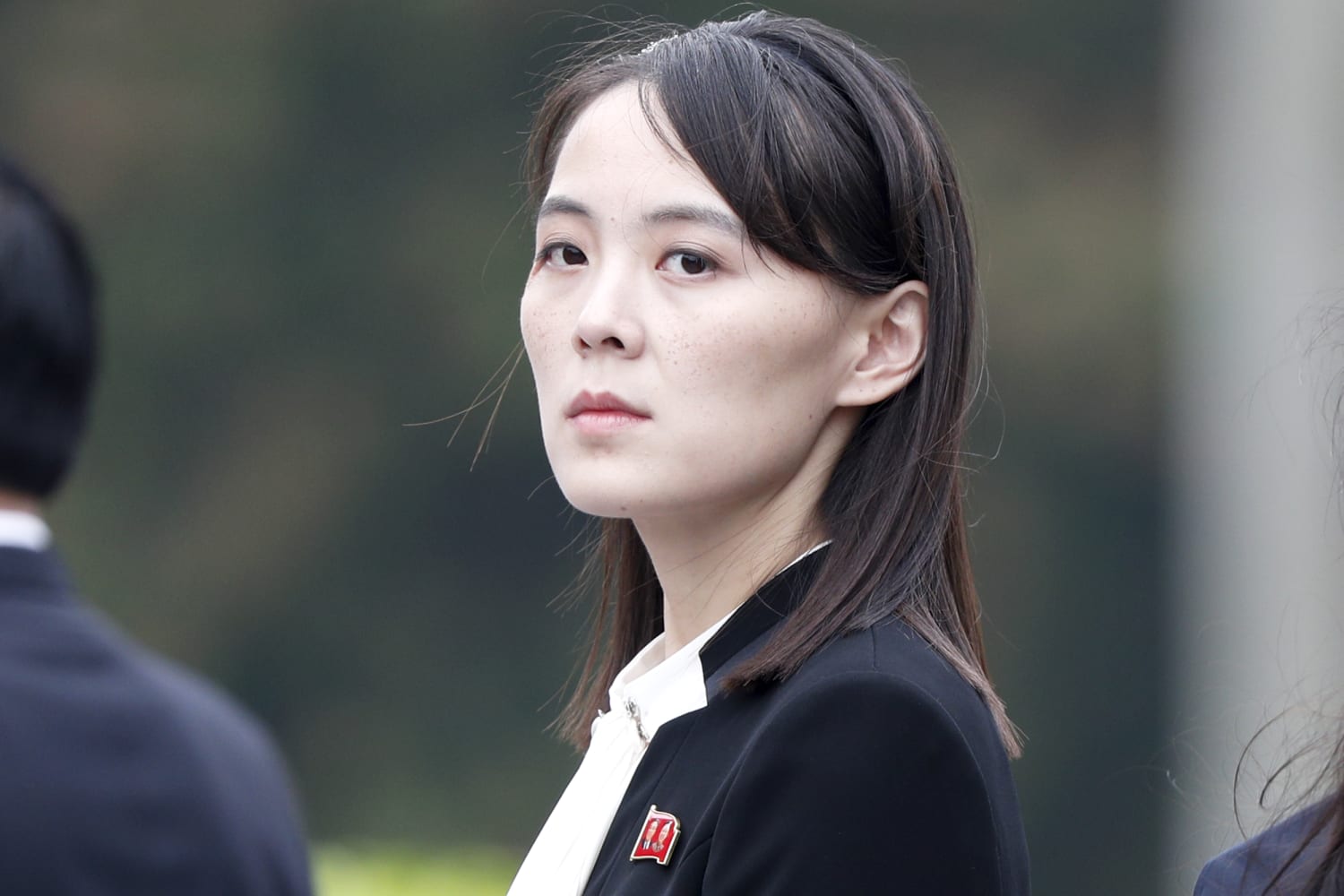Politics
North Korea Doubts Future Dialogue with U.S. Amid Electoral Tensions

North Korean state media has recently voiced skepticism towards any future dialogues with the United States, especially in light of the upcoming presidential elections in November. This commentary comes amidst a politically charged environment characterized by fragmentation and discord within the U.S. political landscape.
A column published by the Korean Central News Agency (KCNA), which is widely regarded as the voice of the North Korean government, criticized the United States’ election process. It noted that the current political climate between the two leading parties, Democrats and Republicans, is mired in conflict, suggesting that there will be no significant changes, irrespective of the election’s outcome.
The KCNA column specifically dismissed any possibility of dialogue, branding it as an extension of confrontation. Stating that “dialogue with sinister attempts” is unnecessary from the very beginning, the publication indicated their disinterest in any discussions that don’t align with their perspectives.
Interestingly, the column referenced remarks made by former U.S. President Donald Trump during the Republican National Convention held in Milwaukee. Trump was quoted saying, “It’s nice to get along with somebody who has a lot of nuclear weapons,” referring to North Korean leader Kim Jong-un. This statement has sparked various reactions regarding the approach to international relations.
While acknowledging Trump’s attempts to forge connections during his presidency from 2017 to 2021, the KCNA article argued that these efforts did not yield any substantial or positive results. The ongoing situation in global politics continues to evolve, especially as the U.S. and South Korea express increasing alarm over deepening military cooperation between Russia and North Korea.
Both nations have accused them of violating international laws in a bid to supply arms to be used in the ongoing war in Ukraine. However, both Moscow and Pyongyang have denied any allegations regarding arms transfers, raising further suspicions among Western countries.
In another sign of these growing ties, a delegation from the Supreme Prosecutor’s Office of the Russian Federation visited Pyongyang. This visit has been interpreted as a signal of closer relations between Russia and North Korea amid the global tensions shaped by the war in Ukraine.
Meanwhile, the ongoing U.S. electoral race presents a complex backdrop for international relations. With moderate Masoud Pezeshkian recently assuming the Iranian presidency, U.S. leaders, including President Joe Biden and Vice President Kamala Harris, have the opportunity to further clarify their foreign policy stances leading into the November elections.
Pezeshkian is viewed as a significant shift away from the previous ultra-religious leadership under Ebrahim Raisi, who tragically died in a helicopter crash in May. His ascent to power has prompted discussions among American voters about potential dialogues aiming for peace in the Middle East, especially concerning discontent over the war in Gaza.
As the election approaches, the Biden administration now faces challenges in how to approach foreign affairs while responding to Israel‘s Prime Minister, Binyamin Netanyahu, who is due to address Congress soon. This speech poses a potential risk as American politicians must navigate their responses amid domestic expectations and international reactions.
Secretary of State Antony Blinken will find himself in a pivotal position as he may have the opportunity to announce a new approach towards peace in the Middle East, especially in light of Pezeshkian’s willingness to engage in dialogue.
Amid these developments, President Biden and others will have to juggle their responses to Netanyahu’s hardline positions against Hamas while ensuring they connect with diverse voting blocs in the upcoming elections. The political landscape is uniquely positioned, and many Americans are feeling unsettled about the ongoing conflicts.
As pointed out in various polls, there is a growing segment of the population, including a substantial number from the Jewish community, that opposes the more aggressive stances taken by Netanyahu’s government. Meanwhile, the Biden administration’s handling of the situation in Gaza may further push voters away, leading to potential apathy in votes during an already divisive election.
Masoud Pezeshkian’s election is viewed by some analysts as a potential lifeline for U.S.-Iran relations. His prior experience in medical academia and public services, contrasting with his predecessor’s ultra-religious framework, has led to renewed hopes for meaningful discussions between Iran and the U.S.
Pezeshkian has emphasized that he would appreciate any sincere efforts aimed at reducing tensions and through this new leadership, there may be a pivot towards international cooperation, especially regarding contentious matters like nuclear energy.
This evolving narrative regarding Iran’s future and its implications for U.S. foreign policy could resonate well with American voters looking for an alternative to the currently turbulent political environment. If Biden and Harris succeed in reaching out to Pezeshkian early, they might redefine the administration’s image and strategy ahead of the critical election.
With so much at stake, the future of U.S. foreign relations remains in the balance as voters in America prepare to make significant decisions that could shape the direction of the nation for years to come.












